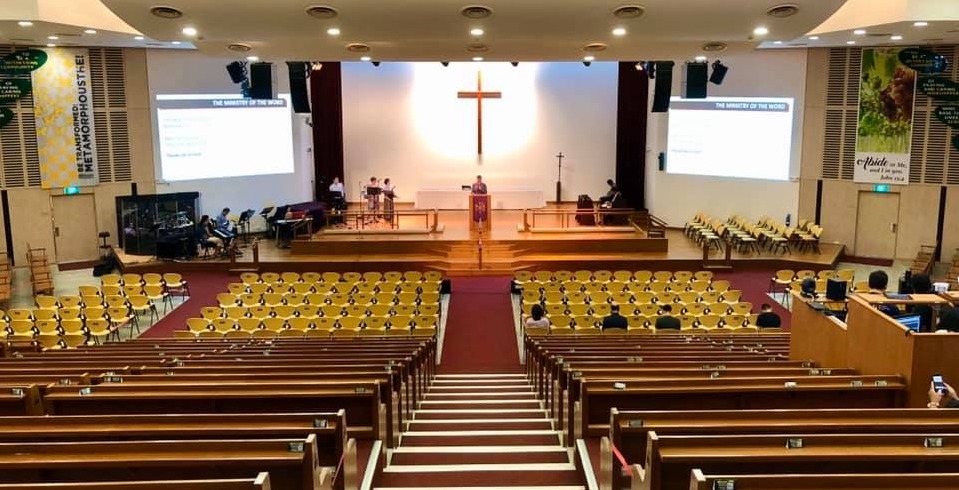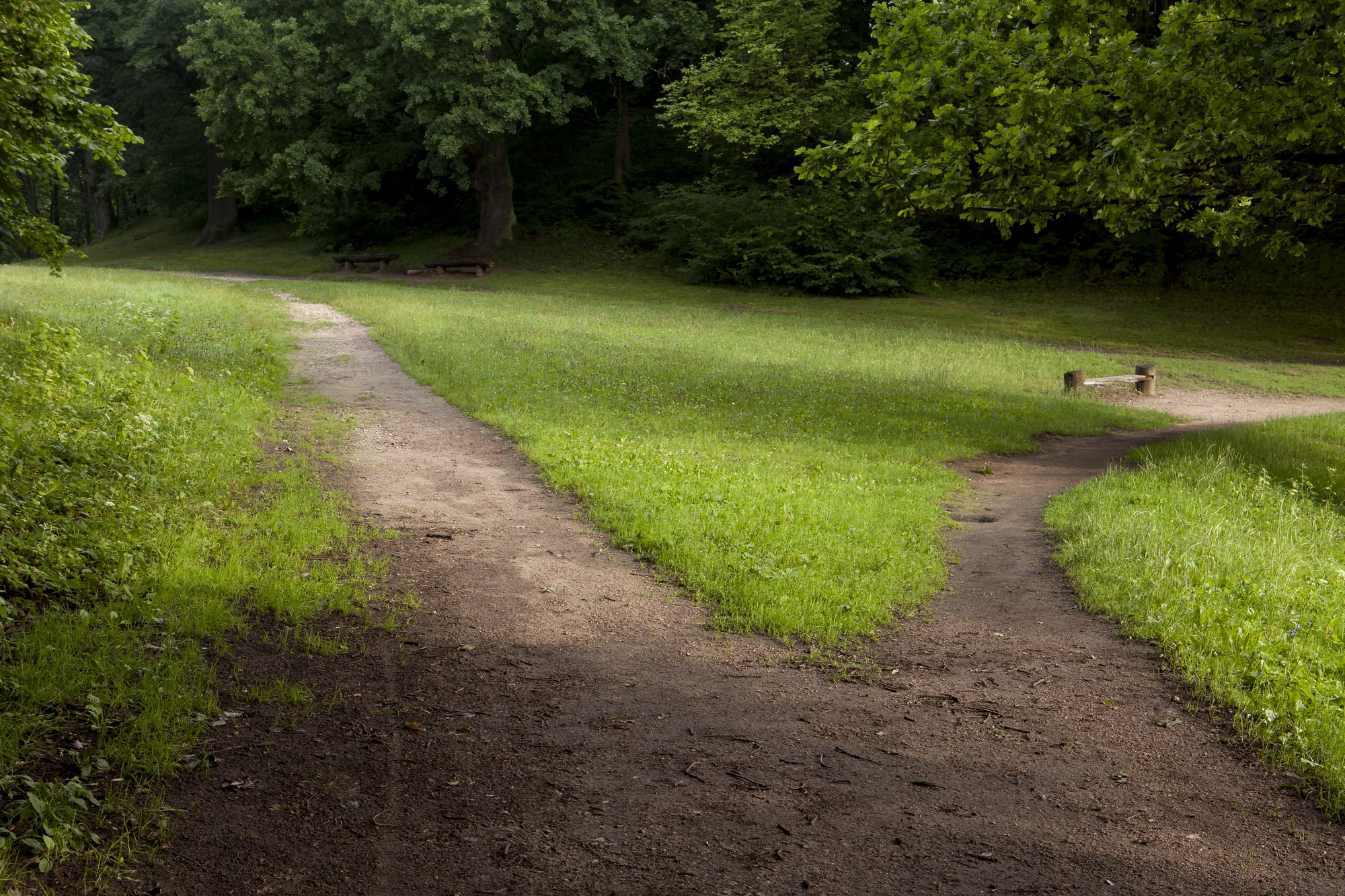What will a post-COVID Church look like?
Gracia Lee & Tan Huey Ying // March 31, 2020, 5:19 pm

Photo of the livestreamed service at St John's-St Margaret's Church on March 21, 2020. Photo from Pastor Stanley Tay's Facebook page.
The coronavirus outbreak has caught the whole world off-guard and churches have not been not spared.
“How different would church look in the post-outbreak period? How would learning in church change?”
In the past two months, the Singapore Church has been scrambling to keep up with new measures to keep the virus at bay, with the latest being the suspension of all religious gatherings, including worship services.
Many logistical questions have been asked and addressed, yet there are still deeper questions – such as how churches can care for those affected and be better prepared for future crises – that have gone unanswered.
These unanswered questions are what four panelists are hoping to address in a live webinar at 8pm on Wednesday (April 1), organised by the Biblical Graduate School of Theology’s (BGST) Alumni Resource Team.
Preparing for long-term impact
The webinar, entitled Coronavirus: Concerns, Challenges and a Chance for Change, aims to discuss what this disruption has taught the Church, how the Church should position herself after the pandemic has blown over and how such a disruption can renew the Church and her witness in the city.
“Will the Church be too overcome by self-preservation to be able to share the last piece of bread on her hand?”
Its panelists are Dr Goh Wei-Leong, a general practitioner and chairman of non-profit organisation Healthserve; Melissa Kwee, the chief executive officer of the National Volunteer and Philanthropy Centre (NVPC); Ps Rick Toh, senior pastor of Yio Chu Kang Chapel; and Dr Lai Pak Wah, principal of BGST and a lecturer in church history and historical theology.
Dr Lai told Salt&Light that the webinar will focus on how the Church can equip and prepare itself for the long-term aftermath of the pandemic.
“The various processes that we need to put in place to safeguard everyone, quite understandably, has taken up all our time. Yet, because this occupies so much of our attention, and things are always changing, we sometimes end up not taking a longer perspective of things.
“For example, as businesses start to reduce pay or retrench, how can we, as a church, prepare ourselves to minister to those affected? Also, given the global recession, is it not time to review our budget and start making necessary cuts to pre-empt a budget deficit?
“More importantly, how different would church look in the post-outbreak period? What would community look like? How can we minister to those outside (of church)? How would learning in church change?
“In short, if we don’t consider the long-term implications and start evolving ourselves, we will always be caught in fire fighting!”
Being more proactive
Ps Toh of Yio Chu Kang Chapel added that this disruption of church life has been a test of the Church’s theology. It is testing us on what we “truly believe about God and His sovereignty, suffering and disease, death and resurrection, health and wealth, the church and her mission in this world, and how to live out those beliefs”, he said.
“God has given us enough wisdom to seek to be part of the solution in a creative and live-giving way.”
He added that this crisis has presented more challenges and opportunities for the Church to reach out to those who have been hit hard by the virus.
“Is the Church ready to feed the poor and needy? Or will she be too overcome by self-preservation to be able to share the last piece of bread on her hand?
“Social distancing may lead to social isolation. How can the Church maintain community and provide community to the isolated? Is the Church ready to minister to the mentally and emotionally broken?”
Dr Goh from Healthserve, which reaches out to migrant workers, added that they hope to raise some points for consideration that will help churches to be more proactive from now onwards.
“Addressing immediate and pressing issues are simply what we do for survival, but I feel that at least in Singapore, God doesn’t just want the church to survive but also to thrive.
“This is the time to do it because we are already late. We can either continue to take a hands-off, passive approach and wait for the solution or we can choose to believe that God has given us enough wisdom to face the current crisis and seek to be part of the solution in a creative and live-giving way,” he said.
Keen to join the discussion?
The webinar will be held online on Wednesday (April 1) at 8pm. The livestream link can be accessed here.
The gifts in the valley: How God shepherded a pastor’s soul after his wife died
Home away from Home: Churches and charities express God’s love to stranded Malaysian workers
We are an independent, non-profit organisation that relies on the generosity of our readers, such as yourself, to continue serving the kingdom. Every dollar donated goes directly back into our editorial coverage.
Would you consider partnering with us in our kingdom work by supporting us financially, either as a one-off donation, or a recurring pledge?
Support Salt&Light



